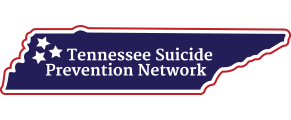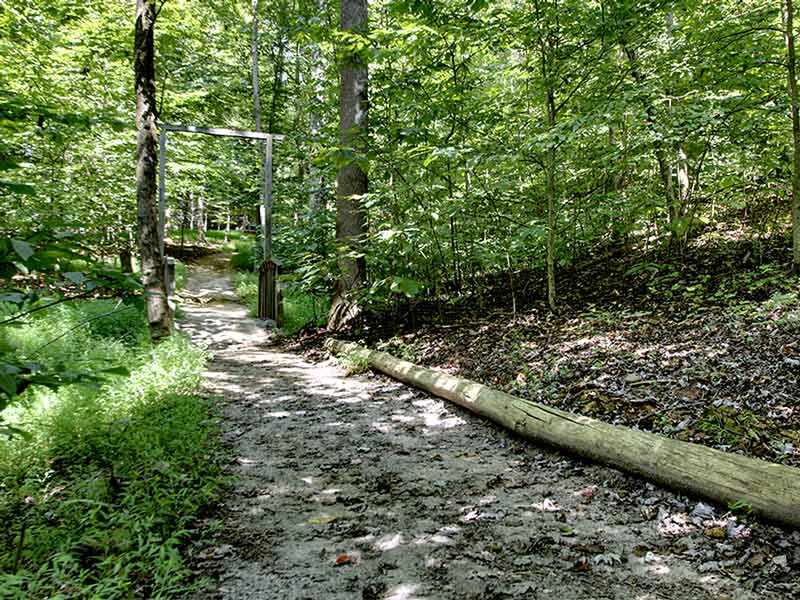Village Behavioral Health, located near Knoxville, TN, provides a multidisciplinary approach to alcohol addiction treatment. We create individualized treatment plans for teens & adolescents.
Learn More About Alcohol Addiction Treatment
Learn more about alcohol addiction treatment at Village Behavioral Health near Knoxville, TN
The teen years are a turbulent time for most adolescents as they face the looming challenges of the adult years. Many teens use alcohol as a way of blowing off some steam, letting out the stress, or as a way to party. What most teens do not realize is that the repercussions of alcohol use during the teen years can last a lifetime. Research shows that teens are more vulnerable to addiction to drugs or alcohol as the pleasure center of the brain develops more quickly than the parts of the brain that are involved in impulse control. This means that a teenager who uses alcohol may develop problems with addiction to alcohol or other drugs more easily than an adult does. You may find that your drinking is spiraling out of control; you’re hiding the amount you’re drinking from others, you’ve lost friends, and even struggle to keep your grades up. Maybe you continue drinking because you feel a compulsion; like you won’t be able to manage without alcohol. The stress of problem drinking is far greater than anything else facing teens and you want out. There is a life outside of drinking.
At Village Behavioral Health rehab & treatment center in Knoxville, Tennessee, we’ve helped many adolescents and teens struggling with chemical dependency and co-occurring disorders. Our 27-year old residential treatment center, nestled into the foothills of the Great Smokey Mountains, is the ideal setting for you to get away from the stresses of your life and learn to make more positive choices as you work toward your sobriety.
How to Help a Loved One
Helping a loved one get treatment for alcohol addiction
Watching your child or loved one spiral into addiction and problem drinking, you may be at a loss as to how to help. Maybe you’ve approached the topic of rehab before, only to be dismissed by your child. You’re probably experiencing a whirlwind of emotions – fear, anger, disgust, guilt, shame, sadness – and may not know how best to put them aside for the good of your child. You’re floundering, unsure if talking to your child will simply make the situation worse. Here are some tips for talking to your adolescent about seeking treatment for problem drinking:
Deal with your feelings: Of course, you’re struggling with the overwhelming emotions – that’s a given. First and foremost, you’re going to have to cope with your feelings so that you can approach your teen objectively. Join a support group like Al-Anon, comprised of people who are similarly struggling. Find a therapist that specializes in treating the families of those with problem drinking.
Learn about addiction: It’s important to remember that addiction is not a choice – it’s a disease. Your child isn’t willfully engaging in problem drinking as a way to defy you – he or she has, unfortunately, become an addict. Attend an A.A. meeting so you are able to hear from recovering addicts so that you learn more about addiction.
Approach gently: Your child is probably going to balk at the idea of a residential treatment program, so it’s important to be persistent and gentle. Continue to bring it up with your child and gently guide him or her into treatment.
Why Consider Treatment
Why consider treatment for alcohol addiction at Village Behavioral Health near Knoxville, TN
If you’ve started down the road of unhealthy drinking before the age of 21, the risks and consequences may not be immediately evident. While signs and symptoms vary between teens, those who drink are more likely to be a victim of a violent crime, struggle with mental health disorders, and be involved in serious, sometimes fatal, alcohol-related traffic accidents. In addition, teens who begin to drink before age 21 are more likely to develop an addiction to alcohol or drugs later in life, engage in violent behaviors, and participate in risky sexual behaviors – either as a victim of sexual abuse or as the perpetrator. Many teens who have attempted suicide use more lethal means while intoxicated; greater amounts of intoxicated teens complete suicidal acts. Drinking as an adolescent is absolutely no joke, but life doesn’t have to be like this.
A residential treatment center for problematic alcoholism is one of the best places for you to begin your treatment. You’ll have the 24-hour supervision you need to ensure that you are safe and free from alcohol, illegal drugs, and potential weapons so that you are able to relax and participate in your care. A residential treatment center allows you to escape your current stressors and focus upon your new-found sobriety in a safe, serene, and secluded setting.
Our Philosophy
Village Behavioral Health philosophy and treatment benefits
Village Behavioral Health works hard with each teenager, adolescent, and family we serve to create a plan of care unique to the teen’s needs – we’re constantly evaluating each teen’s progress to ensure that he or she is getting the care he or she deserves. Our chemical dependency/Alcohol and Drug program follows the evidence-based 12-step approach to alcohol abuse recovery. We offer chemically dependent youth a structured, caring, and supportive environment that provides the opportunity to learn adaptive problem-solving skills and allow for the healing of past traumas and emotional issues, in order to allow the teen to successfully return to his or her community.
Types of Treatment
Types of alcohol addiction treatment offered at Village Behavioral Health near Knoxville, TN
When you come to us for treatment for your teen’s alcoholism, we’ll first conduct a number of examinations to best allow us to understand your unique needs. The medical examination will determine whether or not you’re facing medical problems related to your alcohol use. Our psychological evaluation will help us to figure out if you’re struggling with co-occurring disorders as well as the current challenges you’re facing. We’ll then take the results of our evaluations and work with you and your parents to create an individualized plan of care for your stay with us.
Medication may be used in the beginning of your treatment and rehab as a means to help control any unpleasant symptoms which can help you fully participate in your treatment and learn the adaptive coping mechanisms you need to lead a sober, productive life. Medication may be slowly tapered down as you develop greater skills, or medication may a part of a longer-term treatment plan. Usage and dosage of medication will be carefully monitored by your doctor and the nurse practitioner and adjusted as needed.
Individual therapy is provided at least once per week – more if necessary – and will allow you the opportunity to work with a therapist to discuss the events that have led to your problem with alcohol. Our therapists use a variety of approaches when helping those struggling with problematic drinking. Cognitive-behavioral therapy (CBT) is a type of therapy we use to help you see where your distorted thoughts and beliefs have impacted your behaviors for the worse. We then teach you ways to challenge these behaviors and make better choices in the future.
Group therapy will involve a lot of step work as you begin to work through your A.A. program. You’ll attend 12-step meetings on campus as well as working on your social skills, coping mechanisms, understanding addiction, the importance of taking responsibility for your actions, and positive choices to make for change. Group therapy allows you to connect with peers who struggle with addiction so that you can support one another during this time.
Family sessions are essential to your adolescent’s rehabilitation to make a lasting change toward sobriety. In order for your teen to get the full benefit of our addiction recovery program, you and your loved ones must be active participants in the treatment of your teen. Family sessions occur at least once per week – more as needed – and are a crucial part of our treatment that assures the long-term success of your teen.
As we are focused on treating the teen as a whole, we use a number of other treatment approaches alongside traditional therapy. These experiential treatments at our alcohol abuse & addiction rehab center may include:
- Recreation therapy
- Ropes course
- 12-step meetings
- Crafts
- Music
- Dance
- Drama
- Sports
Continuing Care
Continuing care and levels of treatment for alcohol addiction
During the intake process, we begin to work out aftercare needs for when you leave our campus. Your therapist will work with you and your parents to identify potential step-down options to allow for your continued recovery at Village Behavioral Health Treatment Center & Rehab for teens in Knoxville, TN. Several weeks prior to discharge, your treatment team will make their recommendation based on your current and future needs. Our team will set up an intake session for the next phase of your care. You may step down from our program into an Intensive Outpatient Program (IOP) or a Partial Hospitalization Program (PHP), both of which will allow you to work on continued recovery as you slowly reintegrate back into your community. Some adolescents make enough progress with us that they’re ready to return home with referrals to traditional outpatient therapy and 12-step meetings.











